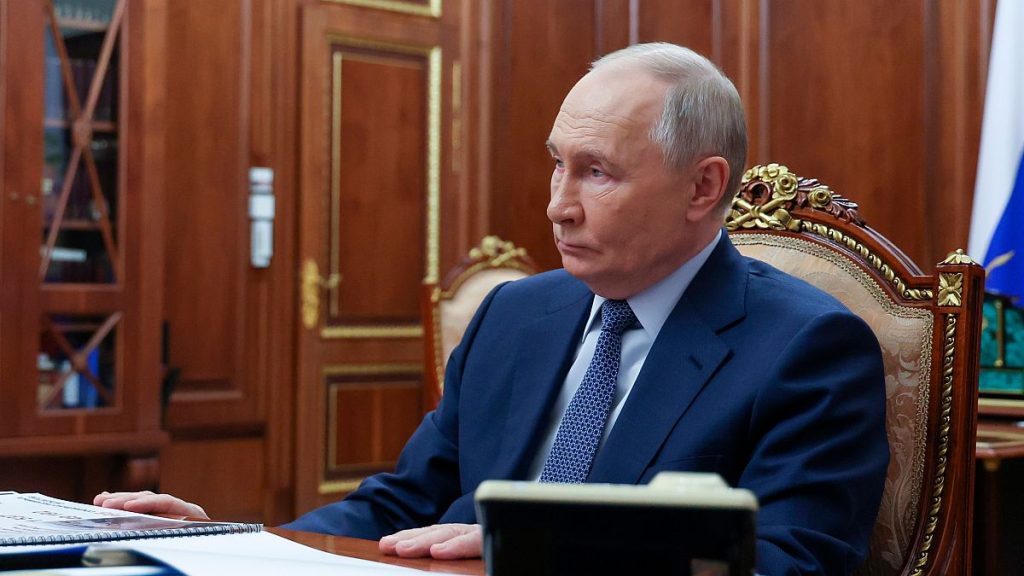Slovakia’s Controversial Overture: A Potential Mediator in the Russia-Ukraine Conflict?
The ripple effects of the Russia-Ukraine war continue to reshape the geopolitical landscape, with recent developments involving Slovakia drawing attention to the complex interplay of national interests, regional alliances, and the quest for peace. Slovak Prime Minister Robert Fico’s unanticipated visit to Moscow has sparked controversy, raising questions about the EU’s unified stance against Russia’s aggression and opening a potential, albeit uncertain, pathway toward negotiations.
Fico’s Moscow visit, framed by him as an effort to secure Slovakia’s energy future amidst Ukraine’s refusal to extend a gas transit contract, has drawn sharp criticism at home and abroad. Seen by many as a breach of solidarity with Ukraine and a boon to Russian propaganda, the visit has underscored the difficult balancing act faced by nations caught between geopolitical pressures and domestic concerns. While Fico argues his focus was securing crucial gas supplies for Slovakia, critics contend that his actions have emboldened the Kremlin and undermined the collective effort to pressure Russia to end the war.
Russian President Vladimir Putin’s subsequent statement expressing openness to Slovakia as a venue for peace talks adds another layer of complexity. While Putin’s motives remain subject to scrutiny, his acceptance of Fico’s offer suggests a potential willingness to explore diplomatic avenues. However, the Kremlin’s preconditions for restarting gas flows through Ukraine, including Kyiv’s withdrawal from a legal dispute with Gazprom, highlight the significant hurdles that remain in achieving any meaningful progress toward peace.
Slovakia’s position as both a NATO and EU member further complicates the situation. While its reliance on Russian gas understandably creates vulnerabilities, its commitment to these alliances places it squarely within the Western bloc opposing Russia’s actions in Ukraine. Fico’s attempt to navigate these competing pressures has exposed fissures within Slovakia and strained relations with its allies, raising concerns about the country’s commitment to the shared goal of holding Russia accountable for its aggression.
The domestic backlash against Fico’s Moscow trip illustrates the deep divisions within Slovakia itself. Public protests and condemnation from opposition parties highlight the widespread disapproval of his perceived alignment with Russia. The accusations of treason and damage to Slovakia’s international reputation underscore the high stakes involved in this delicate balancing act between national interests and international obligations.
The unfolding situation involving Slovakia underscores the intricate web of factors shaping the response to the Russia-Ukraine war. Energy security, geopolitical alliances, domestic politics, and the desire for peace are all interwoven, creating a complex and volatile environment. While the possibility of Slovakia mediating negotiations presents a glimmer of hope, the deep-seated mistrust, conflicting interests, and ongoing hostilities suggest that a negotiated resolution remains a distant prospect. Fico’s controversial foray into Russian diplomacy, though potentially well-intentioned, has undoubtedly complicated the already fraught geopolitical landscape. Whether it ultimately contributes to peace or further exacerbates tensions remains to be seen.














